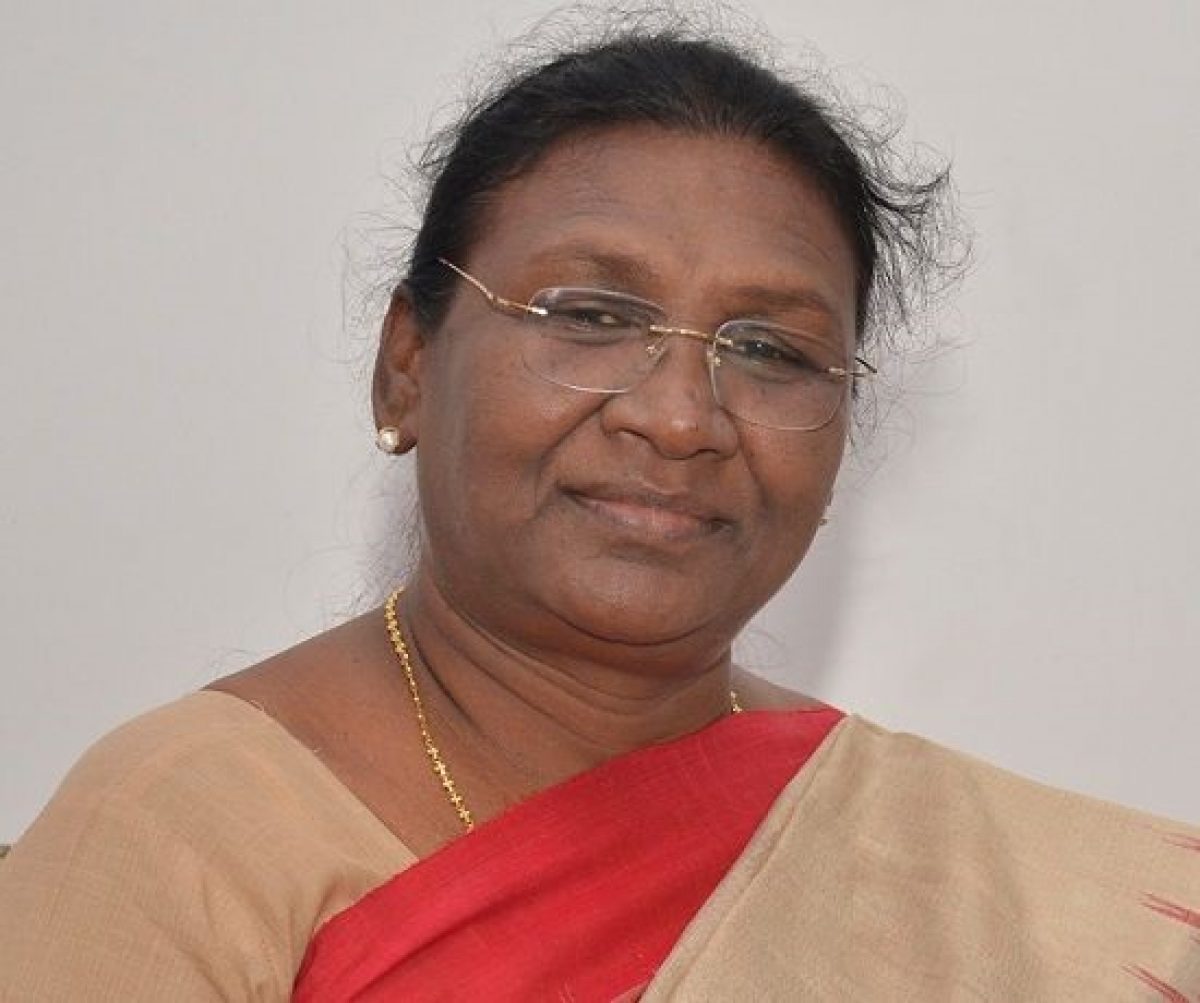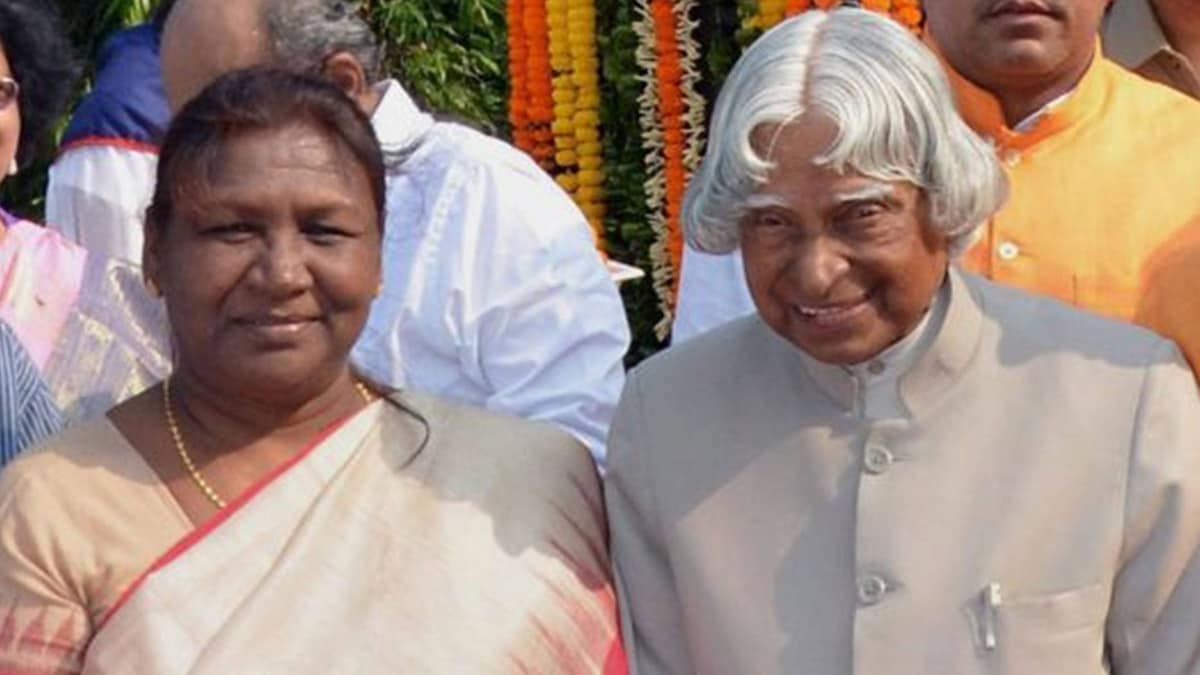Droupadi Murmu’s nomination as the future President of India was swiftly made by Amul. ‘Setting a President?’ says the cartoon. MurMaska on toast is a must-try.
As a wordsmith, Amul thrives on this kind of play on words. However, it also raises an interesting inquiry about the topic in issue. Is Droupadi Murmu’s historic role as India’s first tribal woman President at danger of overshadowing her other accomplishments?

There were immediate reports in the media regarding her political astuteness, the Adivasi role in Hindutva politics, and if she would be a rubber stamp president as soon as her identity was made public. In light of the fact that Chhattisgarh is one of the few remaining states in the Congress’s belt with a big tribal population, the party must decide whether it is prudent to oppose a tribal candidate. It’s possible that all of those numbers are correct.
In order to assess the degree to which one’s identity is adequately reflected in government, identity politics are a must. People of colour in the United States might debate whether or not President Barack Obama’s administration has made a substantive change in their lives; nonetheless, seeing Obama’s picture among other white male POTUS candidates is meaningful in itself. Identify politics, on the other hand, runs the risk of reducing the complexity of a human person to one term – Adivasi, Muslim, or LGBT. With under-represented populations, avoiding identity traps may be difficult.
The first Muslim South Asian superhero in the Marvel Cinematic Universe, Ms. Marvel, is making waves. However, how intriguing the tale is will determine whether or not fans will return. The title of “first Muslim desi superhero” would not suffice.
“A few years ago, I recall seeing a show on Indian television about the LGBT community. In the wake of the death of her son, Nishit Saran, a homosexual filmmaker who was brutally killed, Minna Saran became a vocal advocate for LGBT rights. That’s not the only thing she mentioned in the show. Nishit had a lot more to offer,” she said.
Because it is so easy to delete that “much more” from the lives of others, her wistfulness still resonates.
Hearings to confirm Ketanji Brown Jackson to the United States Supreme Court made this very evident. In Wired.com, K C Cole writes. When asked about the media’s portrayal of her, she said, “I found myself upset at how the media virtually solely characterised her as First Black Woman.” There are some folks who never went passed the milestone of becoming the First Black Woman, according to Cole.

The concept of “identity” is a vast and multifaceted one. Rather, Cole wisely reminds us, it is not an equation in which the two sides are equal. Keeping it in mind when writing about Murmu is a good idea. Details of her past have been revealed, including her time as a BJP governor, the anecdotes she tells about how humble she is, and the tragic events in her family’s history. Some of this is pertinent to her candidacy for president, while some but not all of it adds up to more than the first Santhal woman to hold the position of president.
Candidates in many regions of India have become a stand-in for their caste groups as we grow increasingly entangled in identity and sub-identity politics. At the presidential level, though, all of it is just symbolic. There is no evidence that President Ram Nath Kovind’s time in office benefited the Dalit community in India. Also, women’s rights did not develop throughout Pratibha Patil’s time in office. Droupadi Murmu should not be expected to bear the whole burden of tribal progress. Making amends for previous wrongs is not her job. The same cannot be said for the nomination she received as a result of the aforementioned setback. Many Indians, on the other hand, have a chance to examine their attitudes towards Adivasis.
Even though many members of the SC/ST/Adivasi groups feel they require governmental support, higher caste Indians tend to assume that the SC/ST/Adivasi groups lack educational and financial success because of a “lack of effort,” according to Rukmini S. While interviewing Madhya Pradesh farmers who perished standing in line for seven days to sell wheat to the government procurement centre, she also met the family of one of the farmers who died.
Tea and sweet potatoes were offered by the family. On the way back, she instructed their driver to make a pit stop at the nearby tea vendor for a local journalist who had accompanied her. To avoid eating or drinking with the Adivasi family due of his Brahmin heritage, he had faux fasted in their house.
An Adivasi residence might be built at Rashtrapati Bhavan. Let us not, however, lose sight of Droupadi Murmu herself in the eulogies and essays devoted to her.

